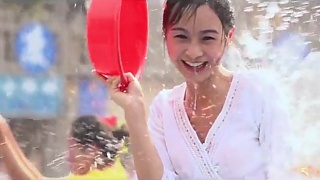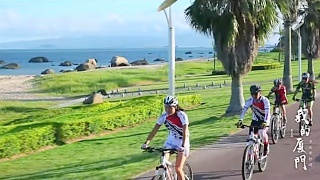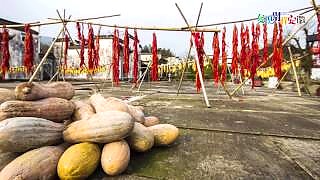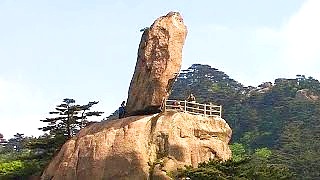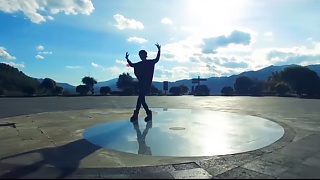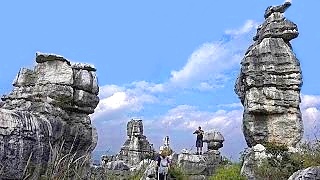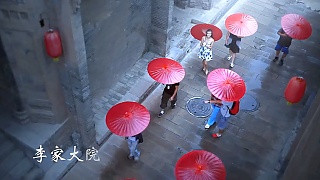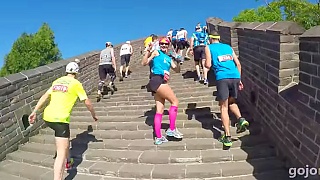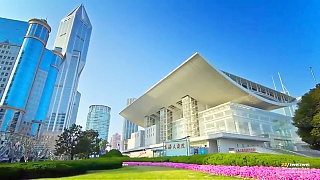Related Videos
Featured Videos
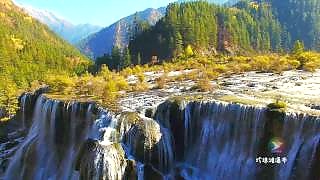
|
'Nine Villages Valley' (Tibetan and Qiang).
With walkways though hills and streams, cyan limestone pools and many waterfalls ...
|

|
Provincial capital of SiChuan.
Bonus film - a day in the life of a China vlogger ...
|

|

|
With Two Drifters ...
|

|
Bonus film - big city Hong Kong trip ...
|

|
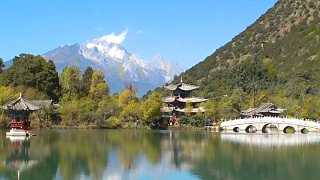
|
Beautiful place; lovely film ...
|
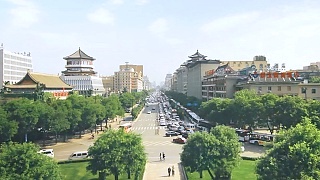
|
A visit to the ancient Chinese capital of Xi'An, ShaanXi province ...
|

|
Plus drone footage ...
|
 Awesome, beautiful China 中国 Celebrating 70 years of the People’s Republic (2) …
Awesome, beautiful China 中国 Celebrating 70 years of the People’s Republic (2) …